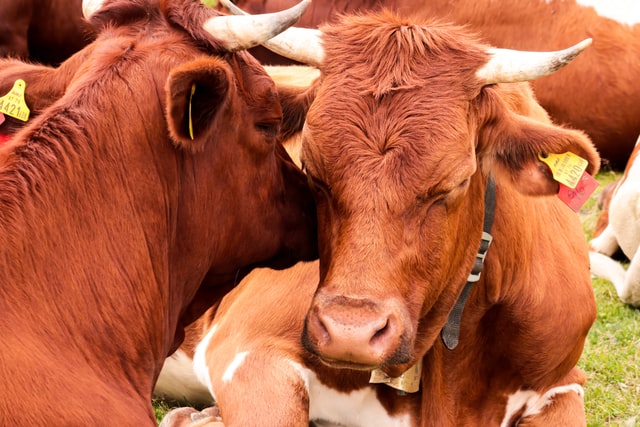The global COVID-19 pandemic keeps reshaping the future of agriculture and tech. Today there is an increased need for transparency and accountability in the local food supply chain.
According to Beefledger SA website, the company has integrated a blockchain-enabled provenance platform that facilitates smart contract payments capable of streamlining payments boosting consumer confidence.
If customers have the ability to validate the meat products on their shelves, it boosts streamlines the supply chain by reducing information asymmetry between the parties transacting.
At the moment, Adams is working on his Ph.D. in blockchain traceability with a focus on red meat supply in the Mzansi supply chain. After a successful career of 20 years in agricultural supply chain management, he is convinced that BeefLedger SA offers greater accountability and transparency. Adams has held top jobs in the agricultural sector such as co-ordination of the first land reform project targeting the country’s wine industry. He has also served as CEO of top firms, Stellenbosch and Paarl wine estates, not forgetting a ministerial appointment to the Wine and Spirit Board.
BeefLedger SA is in a joint venture between BeefLedger Ltd (based in Australia where they have launched a food provenance platform.
South Africans are avid meat-eaters, a tradition that is firmly embedded in the local culture. Everyone who has visited the country is synonymous with the local Braai culture. The country is home to 30 million sheep and 14 million cattle.
In statements shared on Food For Mzansi, Warwick Powell, the chairman of Queensland confirmed that BeefLedger SA will provide a “solid basis for adapting a combination of well-understood operational frameworks and guidelines, mature technologies and leading-edge information systems to achieve best practice outcomes for the South African beef industry.”
Regulation of the formal and informal sectors
Adams believes that the technology employed by BeefLedger South Africa relies on technology that guarantees a fair and sustainable beef supply chain. This creates a link between different stakeholders from the government, small communal farmers, and top industry players.
According to the FAO, beef consumption in the African continent will rise by 200% between 2015 and 2050. The current supply chain constraints experienced in the industry will create pressure on the growth of the product. Africa has a conservative estimate of 250 million heads of cattle and over 236 million goats.
Interest across blockchain platforms is growing exponentially in the agricultural sector. Decentralized data logs are carefully stored in computer networks instead of a single database. In the agricultural supply chain blockchain technology promises improved efficiency through low transaction costs, enhanced data management, robust traceability, improved logistics, and revamped food safety protocols.
 We just launched our WhatsApp channel. Want to get the latest news from the Tech in Africa?
We just launched our WhatsApp channel. Want to get the latest news from the Tech in Africa?


